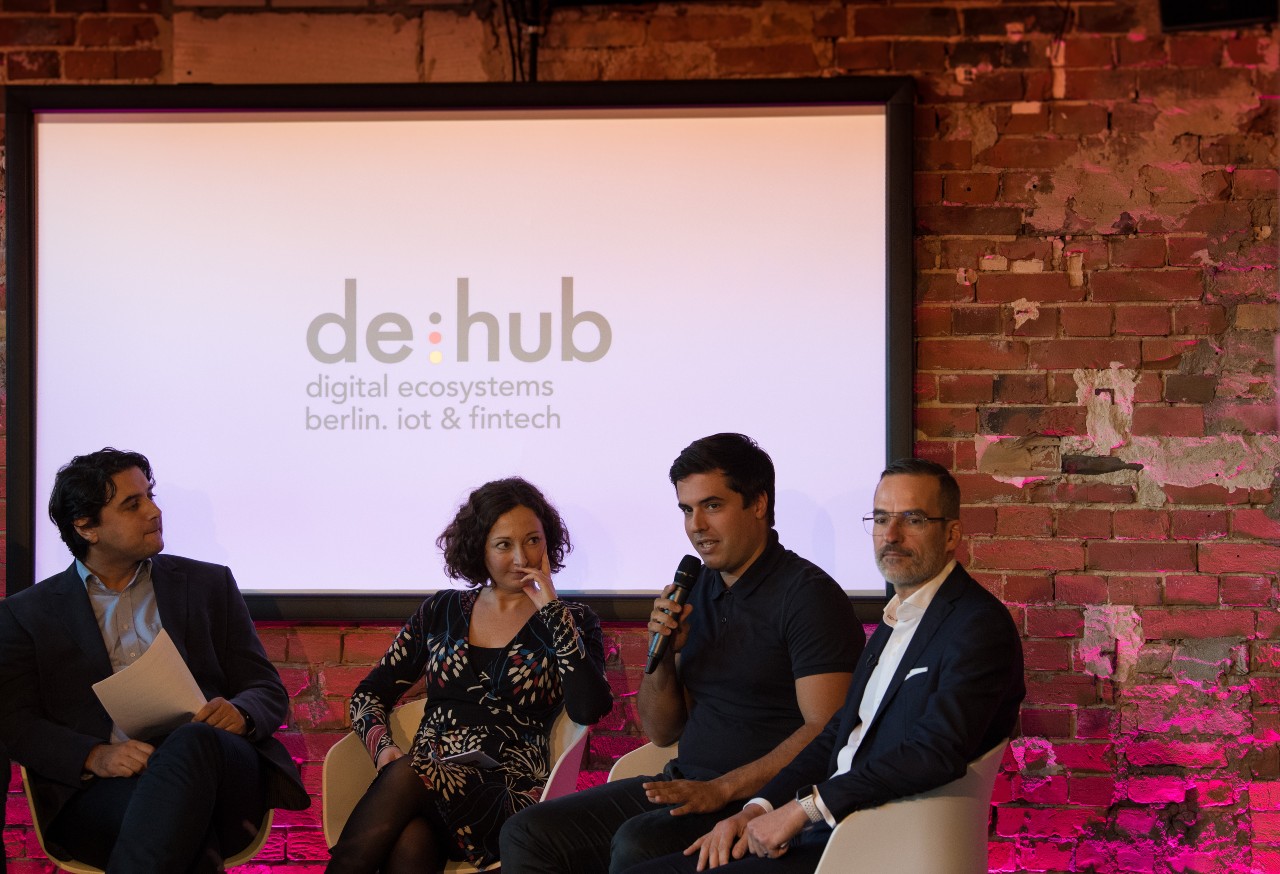It was the latest hefty wage agreement in Europe’s top economy as workers battle fast-rising prices, although there have been concerns the deals could add to upward pressure on inflation.
The German flag carrier was hit by pilot and ground staff walkouts in 2022 that crippled operations, although the pilots had suspended strikes since late last year.
Union Cockpit announced that Lufthansa pilots had voted in favour of an agreement it struck with the airline last week.
The airline said it comprised staggered pay rises until the end of 2026, amounting to an increase of least 18 percent of basic salary.
It also included a one-off payment up to a maximum of €3,000.
READ ALSO: Germany’s Lufthansa to hire 20,000 employees as recovery gathers pace
In addition, there was an agreement on working conditions with improvements such as more predictable time off, Lufthansa said.
“This new collective agreement provides additional operational stability, reliability for customers and a sound planning foundation for Lufthansa for the years ahead,” said airline board member Michael Niggemann.
Cockpit president Stefan Herth welcomed the decision by pilots to back the “compromise” after a year and a half of negotiations.
“Today’s approval of the collective agreements creates reliability for pilots, Lufthansa and, last but not least, our passengers,” he said in a statement.
The union represents some 5,200 Lufthansa pilots.
The deal comes with the airline rebounding strongly from a severe downturn during the coronavirus pandemic, as demand for air travel booms.




 Please whitelist us to continue reading.
Please whitelist us to continue reading.
Member comments